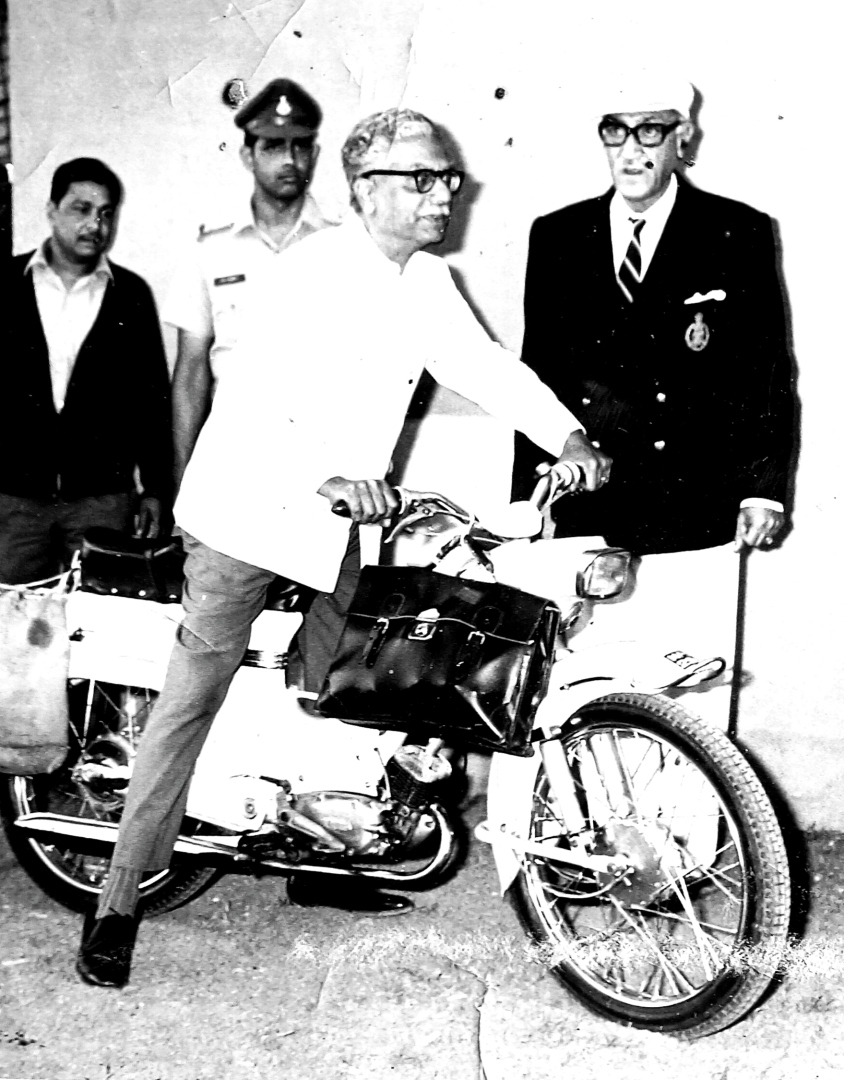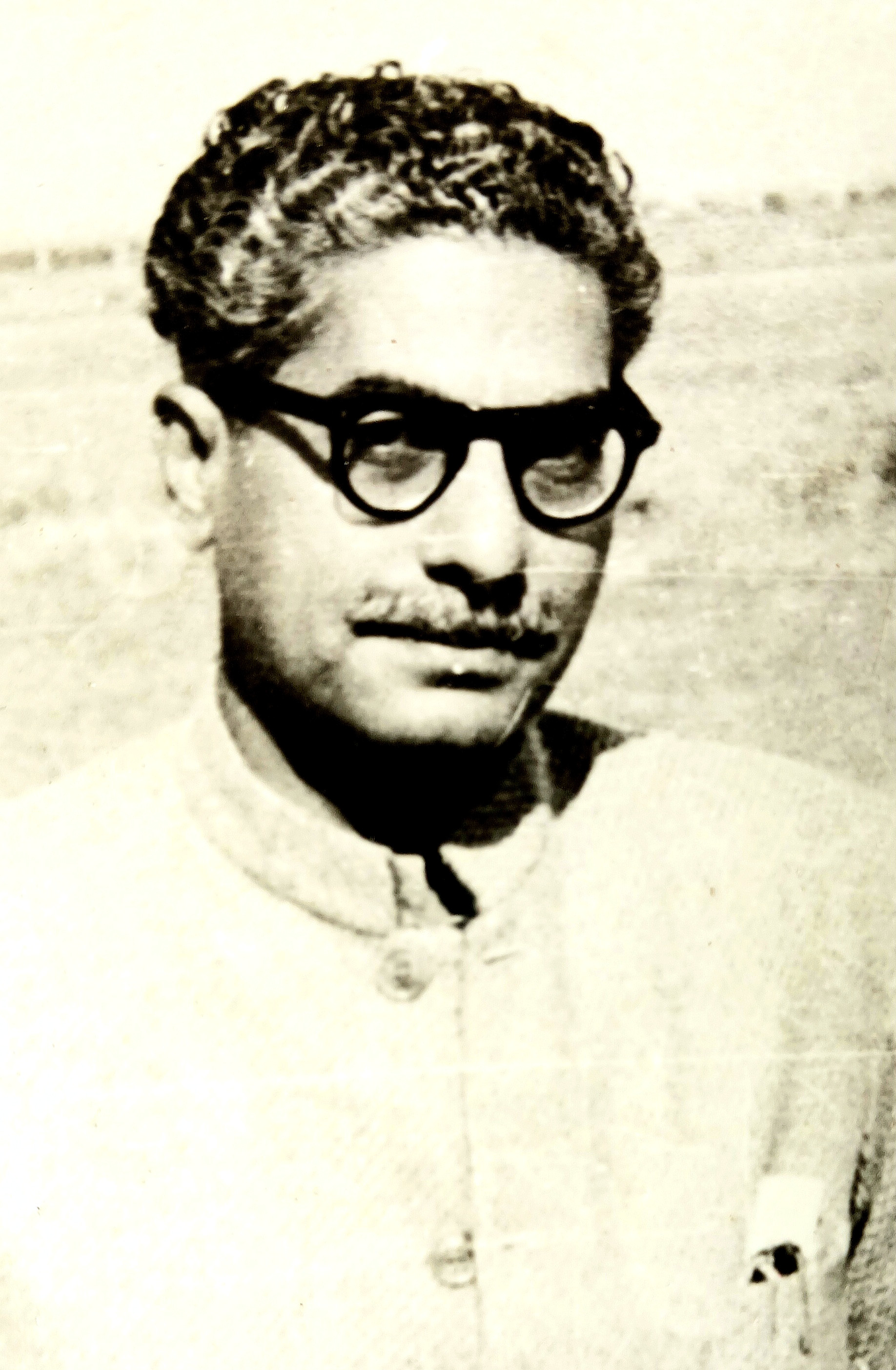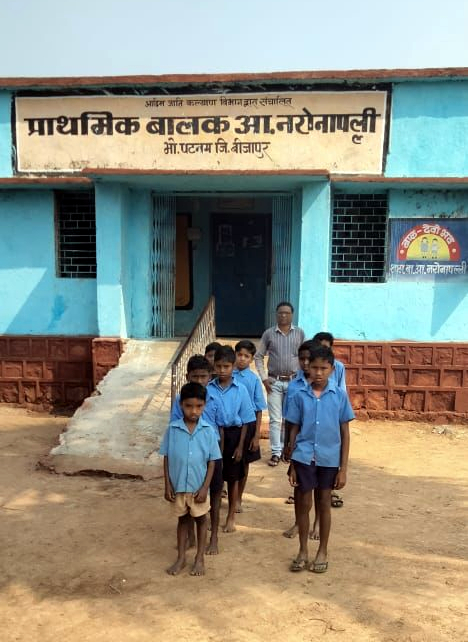An MBE and Padma Bhushan Awardee, he was also Goa's first civil administrator after liberation, and even had two villages and an academy named after him in central India

Ronald Noronha leaving office on his moped on the day of his retirement and is seen off by the Inspector General of Police.
PANAJI
Ronald Noronha, an Indian Civil Service (ICS) officer of the Madhya Pradesh cadre who died on November 23, 1982, is little known in Goa as his grandparents had migrated out of Goa. People of Madhya Pradesh where he served for 35 years, still remember him fondly.
R.C.V.P Noronha or Ronald was also the first Chief Civil Administrator of Goa, when Goa became part of independent India. He was the only Goan in the team led by General Candeth.
 He went on to become the Chief Secretary of Madhya Pradesh.
He went on to become the Chief Secretary of Madhya Pradesh.
Noronha is the only Goan civil servant who has two villages named after him ‘Naronapalli’ in erstwhile Bastar district (now Bijapur) of Chhattisgarh and ‘Noronha Sankal’ in Bhopal district of Madhya Pradesh. The Madhya Pradesh State Administrative Academy has also been named the ‘R.C.V.P Noronha Academy of Administration’.
Noronha was awarded the MBE in 1946 and the Padma Bhushan in 1975.
He married Amy Alvares, a gold medallist in English literature, in 1941. The couple had four children – Gabrielle, Terence, Ashok and Anjali.
EARLY LIFE
R.C.V.P. Noronha was born in Hyderabad on May 14, 1916, to a railway engineer, Terence and Mary Noronha, a medical doctor who raised him single-handedly after Ronald lost his father at the tender age of 14. He was an only child. Incidentally, the acclaimed architect Charles Corrêa was his first cousin.
Ronald was home-schooled. He passed his senior Cambridge examination at the age of 12 and his graduation in English literature from Loyola college at the age of 17.
He was sent to London School of Economics to study and appear for the ICS entrance exam. A reluctant Ronald went on to top the list of Indian candidates in 1938 at the age of 22, and opted for the Central Provinces and Berar cadre.
CIVIL SERVICE
After his posting as Secretary Food at Nagpur during the drought, in the late 1940s, Noronha sought a field posting to Bastar, as district collector. This was unusual for a senior officer, but the jungle and the village had a peculiar lure for him.
Undivided Bastar was then one of the largest and most backward districts of the country – with dense forests, hardly any roads and infrastructure and a very high percentage of tribals. During his tenure as collector, Noronha travelled the most interior parts of Bastar on foot, and even contracted malaria! That was before quinine had been discovered. The tribals saved him with an extract of the Cinchona bark.
CHIEF SECRETARY
Noronha was chief secretary of Madhya Pradesh between 1963-68 and between 1972-74. He is the only Chief Secretary of the state, to date, to have had two tenures, he never accepted a posting to the centre.
What made Noronha unique as an administrator? He was always available to the ordinary person, never minced words either with the people or with his bosses and loved the village and its people - rare traits in a senior officer.

The Adivasi primary school at ‘Naronapalli’ village in erstwhile Bastar district (now Bijapur) of Chhattisgarh which has been named after Ronald Noronha.
When he was Chief Secretary, people would come to meet him with their grievances between 7 and 8 am. He gave each a date by which their grievance would be resolved or clearly told them it couldn’t be done. Invariably, the work was done before or by the given date.
People recount many anecdotes about him - of someone telling him that he should buy a car under the new government scheme, when his moped stalled on the street, of a constable taking a lift on his moped, not knowing he was the chief secretary. Noronha went to office on his Vickey moped, not in a government car! The only chief secretary to do so.
Noronha retired in 1974 and was given warm farewells by the cabinet, by his officer colleagues and by all the employee associations.
He epitomised Kipling’s lines – some of his favourite:
“If you can talk with crowds and keep your virtue,
Or walk with Kings—nor lose the common touch”
POST RETIREMENT
After retirement, Noronha lived in a one-room house in a small village near Bhopal, where he did farming. Everyone in the village called him “Baba” and came to him for advice and first aid. In an emergency, he would even drive the patient to Bhopal.
He suffered a massive heart attack on November 23, 1982, at the age of 66, at his village while supervising the wheat sowing, despite not feeling too well. Unfortunately, he couldn’t survive till they reached him to the hospital in Bhopal. The State funeral accorded to him, was attended by hundreds.
Noronha had already written his own epitaph in 1976 which is engraved on his gravestone:
When I am dead, shed no tears for me,
The life I loved, I lived richly to the last love.
Noronha penned his memoirs in a book ‘A Tale told by an Idiot’, which, according to him, was a worm’s eye-view of mini history as seen by an individual (him) at the grassroots. Another book ‘Animals and other Animals’ has stories and anecdotes of the village and the jungle. More information on Noronha is available from noronhaanjali59@gmail.com.